Moscow and Kiev have agreed at talks in Paris that all parties should observe a cease-fire in eastern Ukraine after more than eight hours of discussions that were hailed by a French diplomat as sending a "good signal".
For the first time since 2019, Ukraine and Russia on Wednesday agreed to sign a joint statement along with France and Germany about the conflict between Ukrainian forces and militias in the country's east.
The four nations have been working toward reaching a peace deal for eastern Ukraine since 2014, in a diplomatic arrangement known as the Normandy Group.
The Kremlin's envoy Dmitry Kozak said the main outcome of the four-way talks was the agreement on keeping the cease-fire.
"Despite all the differences in interpretations, we agreed that the cease-fire in eastern Ukraine must be maintained by all the parties in line with the accords," said Kozak, who is also the deputy head of the Russian Presidential Administration.
Announcing that a new round of talks would be held in Berlin in two weeks, he said: "We need a supplementary pause. We hope that this process will have results in two weeks.
"We hope our colleagues have understood our arguments and that in two weeks we will achieve results."
He insisted that the situation in eastern Ukraine-where separatists have declared breakaway regions-and the tensions along the border were "two separate issues".
Ukraine's envoy Andriy Yermak, meeting reporters separately, said that the talks were "not easy".
"The support for the sustainable cease-fire is extremely important," he said, adding that there were differences over the interpretation of the Minsk Agreement, which ended the worst of the fighting in 2014.
"The very important thing is that today's communique is the first meaningful document we managed to agree on since December 2019"when Russian President Vladimir Putin and his Ukrainian counterpart Volodymyr Zelensky met in Paris.
An aide to French President Emmanuel Macron, speaking on condition of anonymity, stressed that the Paris talks had been about resolving the separatist fighting in eastern Ukraine since 2014, not the threat of a Russian invasion.
But "the question was whether the Russians wanted to signal a thaw", he said, adding that the "difficult" discussions had ultimately resulted in something positive.
"In the current circumstances, we received a good signal," he said.
The Russian Foreign Ministry said on Wednesday that it had received written responses from the United States and NATO to Russian security proposals.
Written response
U.S. Secretary of State Antony Blinken said the written response was delivered in person to the Russian Foreign Ministry by U.S. Ambassador to Russia John Sullivan. The NATO proposal was sent in "parallel with the United States", NATO Secretary-General Jens Stoltenberg said.
"We're open to dialogue. We prefer diplomacy and we're prepared to move forward where there is the possibility of communication, cooperation," Blinken said, while stressing "there are core principles that we are committed to uphold and defend, including Ukraine's sovereignty and territorial integrity, and the right of states to choose their own security arrangements and alliances".
On the written response, the Russian Foreign Ministry said in a statement: "Deputy Minister of Foreign Affairs of Russia Alexander Grushko received U.S. Ambassador to Moscow John Sullivan at his request."
The U.S. and NATO responses come a month after Russia made public a list of ambitious demands for security guarantees that sought to limit the Western military bloc's role in Ukraine and other former Soviet territories.
Earlier on Wednesday, Russian Foreign Minister Sergey Lavrov told the State Duma, Russia's legislature, that Russia would not release the U.S. response to Russia's security demands but, if asked, would disclose the general meaning of the answers.








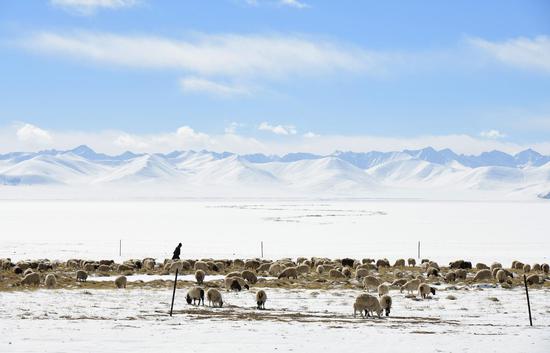


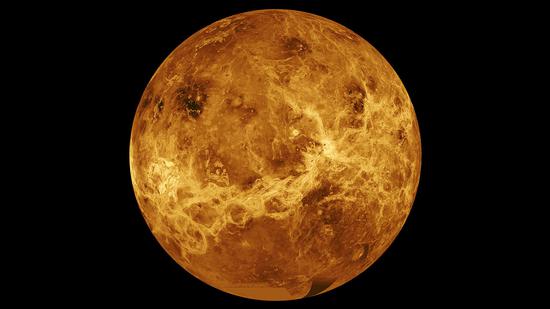
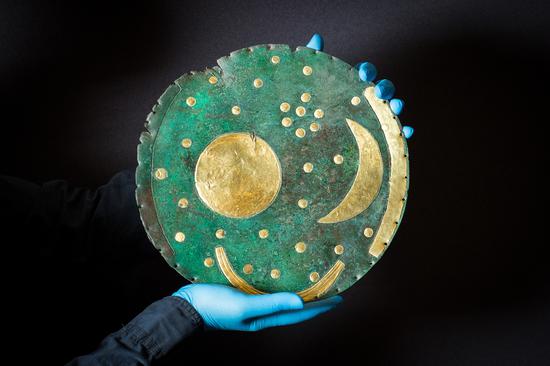
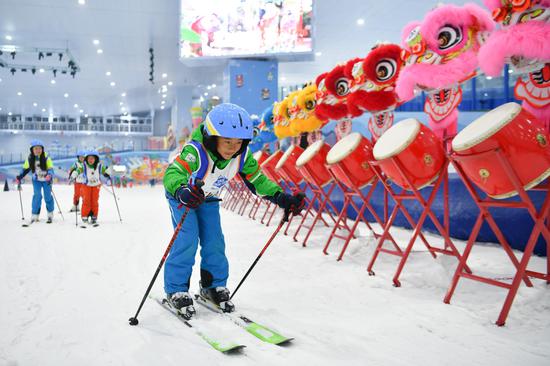
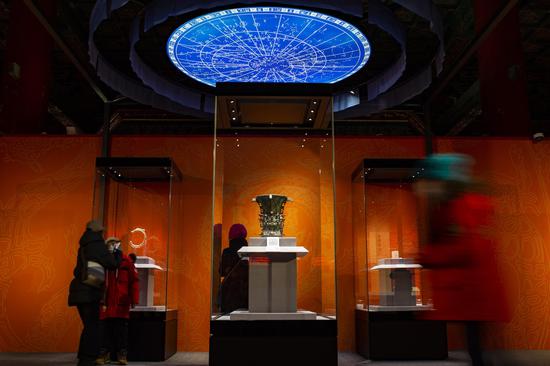
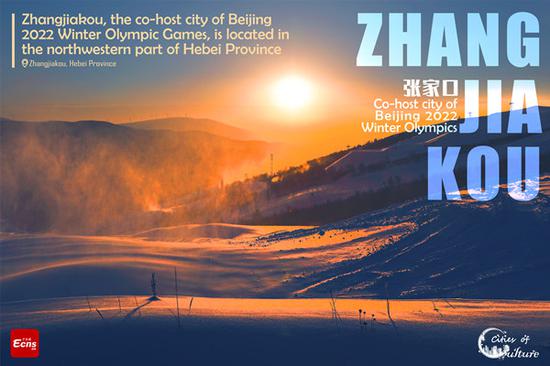
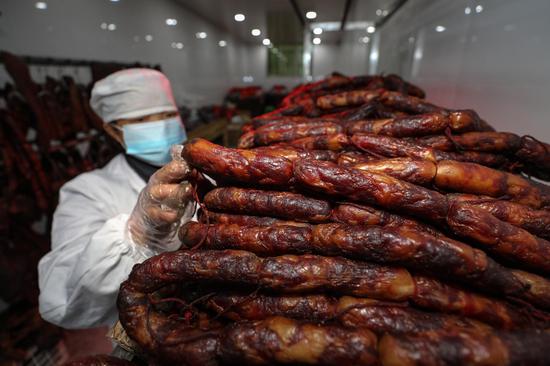
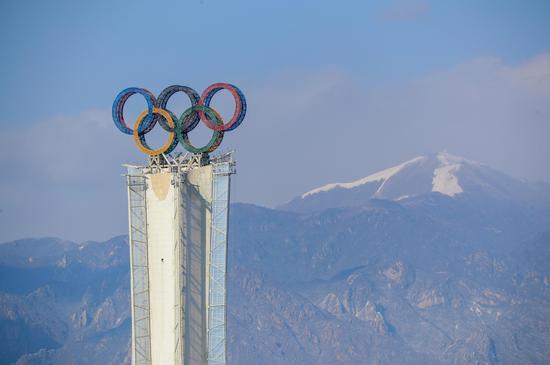
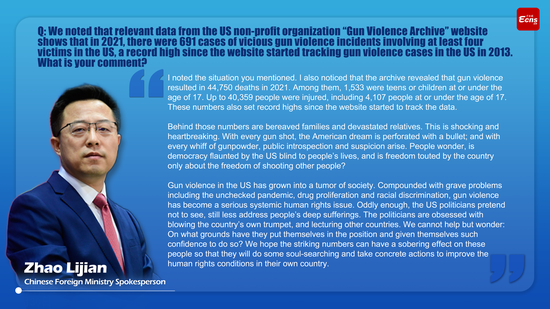
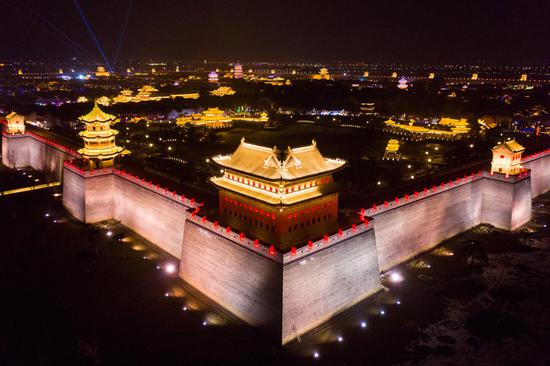

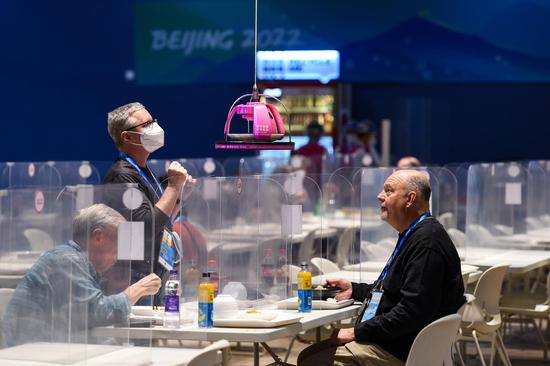

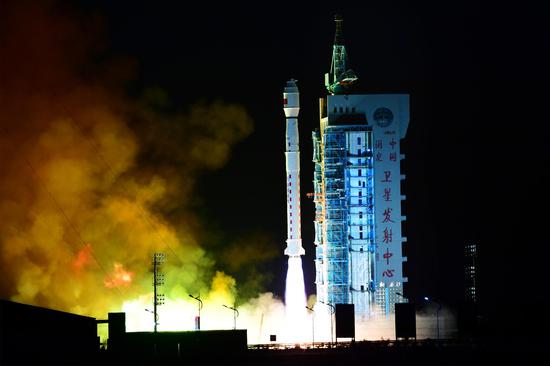
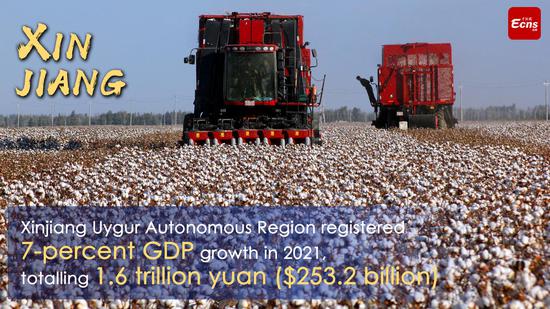

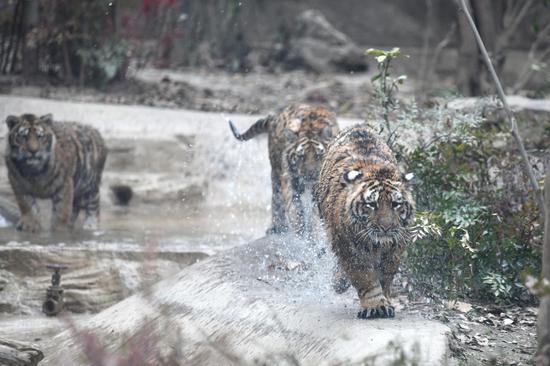

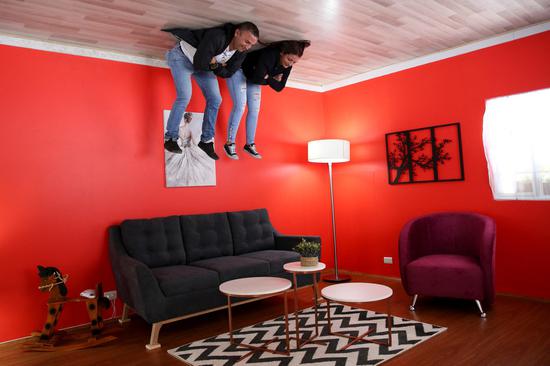
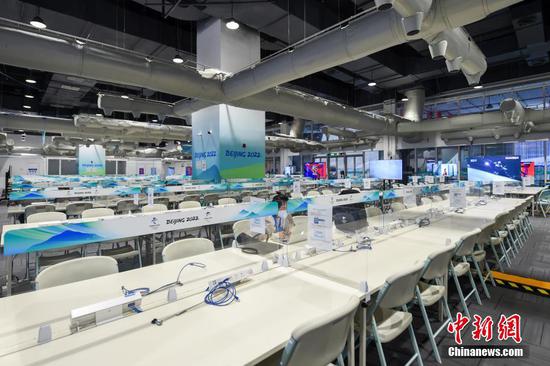
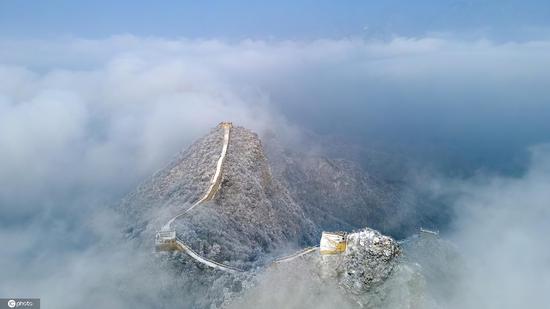

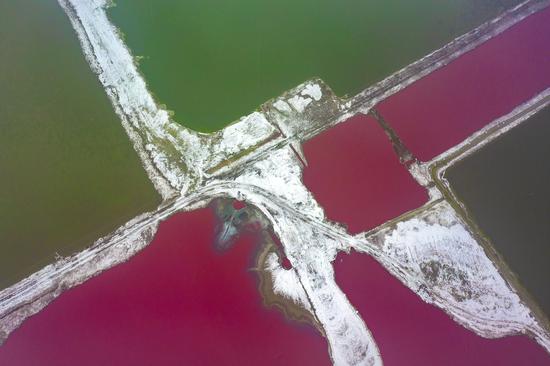
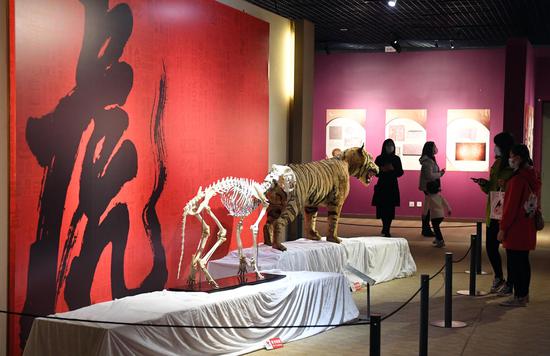


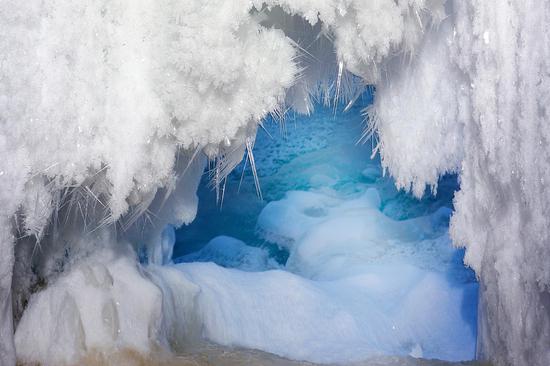
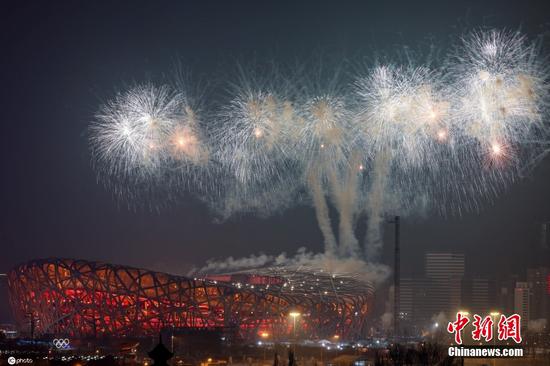

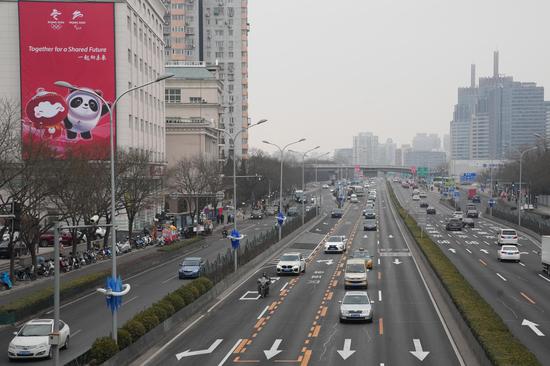


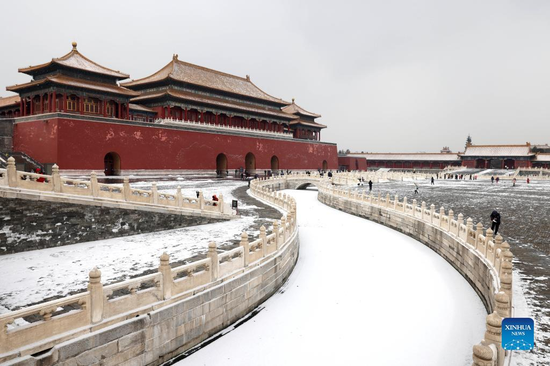
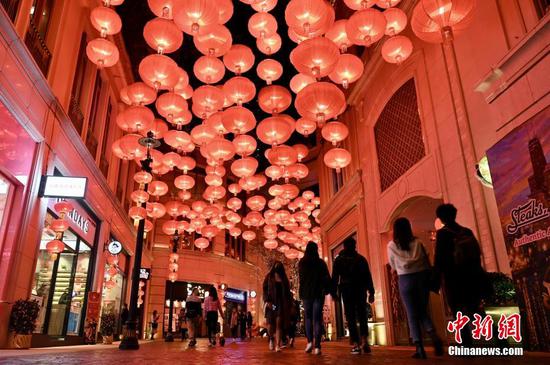






 京公网安备 11010202009201号
京公网安备 11010202009201号
